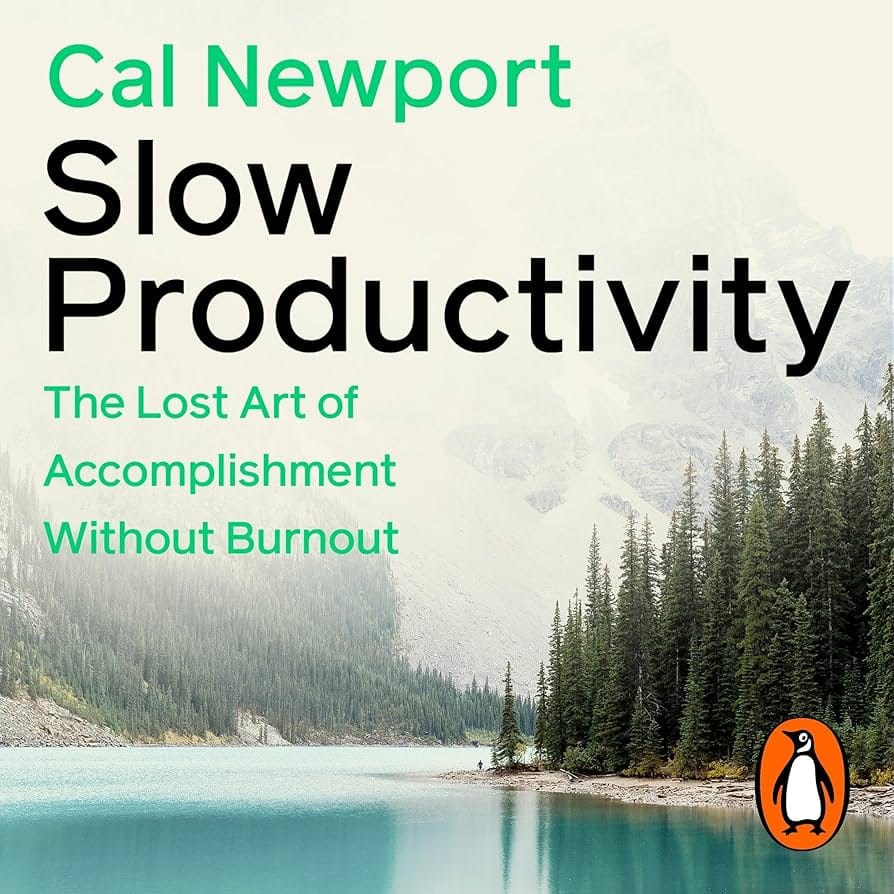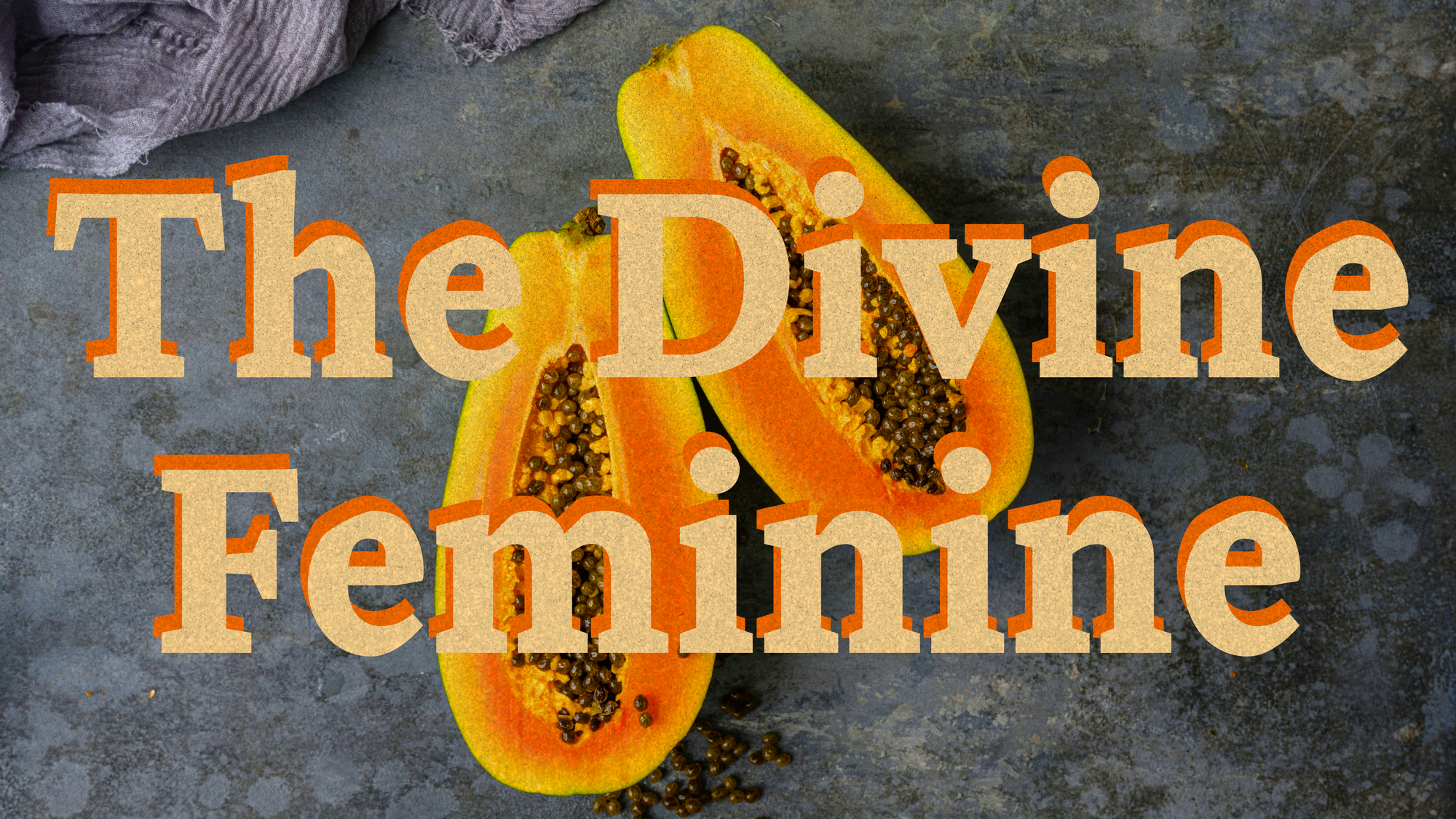Why We Stay: Four Reasons People Adhere to Religion
"Pastor, I have to confess something," Alika said, fidgeting with her coffee cup during our meeting. "I'm not sure I believe in God anymore. Or maybe I do? I don't know if the resurrection actually happened, and honestly, half the Bible feels like ancient mythology to me." She paused, looking almost guilty. "But here's the weird part—I still love going to church. I get goosebumps during worship, I look forward to small group, and your sermons still move me sometimes. What's wrong with me?"
Nothing, I told her. Absolutely nothing.
Alika's confession isn't unique. In my years of pastoral counseling, I've heard variations of this story so many times—people wrestling with doubt while simultaneously finding themselves drawn to religious community and practice. They've been told that faith is primarily about believing the right things, so if their belief wavers, they assume they have to pack up and leave.
But here's what I've learned—there are at least three profound reasons people continue to connect with religion that have nothing to do with whether they think every doctrine is literally true. And understanding these reasons might just save us from the exhausting binary of "believer" versus "non-believer."
Beauty: When Truth Comes Through Your Senses
The first reason people stay connected to religion is beauty. Not Instagram-pretty beauty, but the kind that stops you in your tracks and makes you forget to breathe for a moment. Think Gregorian chant echoing through stone arches, or the way light filters through stained glass, or how Bach's Mass in B Minor can make an atheist weep.
Unfortunately, American evangelicalism has largely fumbled this ball. We've traded Gothic cathedrals for big-box church buildings that look suspiciously like defunct Sam's Clubs. Our worship music, while well-intentioned, often sounds like it was focus-grouped to death—radio-friendly but about as aesthetically transcendent as a commercial jingle. On the other hand, string the right four chords together, repeat the bridge, and you just might find yourself moved to tears.
Step outside evangelicalism and beauty abounds. The architecture of Anglican cathedrals. The poetry of Hindu devotional texts, the austere elegance of Zen gardens, the intricate calligraphy of Islamic art—these traditions understand that humans don't just think their way to the sacred; they feel their way there too.
Beauty matters because it bypasses our analytical minds and speaks directly to something deeper. When Alika gets goosebumps during worship, her body is responding to something her brain hasn't fully processed yet. That's not a bug in the system, it's a feature.
Tradition: Finding Your People Across Time
The second draw is tradition—the sense of being rooted in something larger than your individual life span. Religion can connect you to a people, a culture, a story that extends backward and forward through generations.
American evangelicalism, with its colonizing imperative, has tried its best to strip away cultural particularity in favor of a bland homogeneity. But look at the Black church, with its unique fusion of liberation theology and musical innovation. Look at Latino Catholicism, with its vibrant blend of indigenous and European traditions. These are bot watered-down versions of so-called "real" Christianity. They're Christianity made flesh in specific cultural contexts.
(Sidenote: In my conversations with Asian Christians, Asian American Christianity has often struggled to develop its own distinct cultural expression, partly because of the model minority myth that granted Asians a kind of honorary whiteness. This prevented the necessity [and opportunity] that other marginalized communities had to create their own religious aesthetic—a curse disguised as a blessing.)
But tradition isn't just about ethnicity. It's about continuity, about knowing that the words you're speaking have been spoken by millions before you, that the rituals you're participating in have carried people through joy and grief for centuries. There's comfort in that continuity, even if you're not sure you agree with every theological detail.
This is why I know people who retain some of their Irish/Polish/Slavic Catholic traditions or who seek out African traditional religions after generations of colonization tried to erase them. They're making identity claims about belonging.
Helpfulness: The Practical Magic of Community
The third reason is pragmatic: religion can simply be helpful. When my wife Emily and I move to a new city for pastoral work, we instantly have a community of people ready to help us unpack the U-Haul. We have a built-in social network.
Religious communities offer resources that would otherwise require a small army of social workers: food pantries, financial literacy classes, grief counseling, addiction recovery programs, childcare, elder care. Churches, mosques, temples, and synagogues often function as de facto community centers, filling gaps that government and private sector can't or won't address.
But the helpfulness goes beyond social services. The practices themselves are beneficial. People who regularly participate in religious communities tend to live longer and report higher levels of happiness. Prayer is essentially meditation with a theological frame. Meditation supports healthy brain development. Regular community involvement combats loneliness, which has genuine health consequences.
Confession and forgiveness rituals provide structured ways to process guilt and shame. Sabbath practices offer permission to rest in a productivity-obsessed culture. These spiritual disciplines do double-duty as psychological tools that promote well-being.
Truth: The Double-Edged Sword
Finally, there's Truth with a capital T—the belief that your religion most accurately describes reality, the supernatural, the meaning of existence. In our post-Enlightenment, empirically-obsessed era, Western Christianity has made this the primary (sometimes only) reason to be religious.
I don't want to dismiss the importance of truth. I'm a critical realist—I believe there is such a thing as reality, and that we can know something meaningful about it, even with all our human limitations. Truth matters.
But when Truth becomes the only emphasis, it becomes dangerous. Suddenly, it doesn't matter if your religious expression causes harm in the world, because "it's true, so we have to do it anyway." This logic has been used to justify encouraging abuse victims to stay with their abusers, to support genocide because "God commanded it," to dismiss the suffering caused by religious institutions because doctrine matters more than people.
On the other hand, if what we're really after is Truth, if "all truth is God's truth," then I get to be open to finding truth everywhere—in other religions, in secular philosophy, in scientific discovery, in lived experience. The moment I claim my particular religious expression has cornered the market on all truth for all time, I've stopped seeking truth and started hoarding power.
The Freedom in Multiplicity
So where does this leave Alika, sitting in my office with her coffee and her complicated faith? It leaves her free.
Free to find beauty in Gregorian chant and also in Buddhist meditation bells. Free to appreciate the way her Irish Catholic grandmother's rituals shaped her while also learning from Jewish practices of mourning. Free to participate in a community that feeds her soul without having to sign off on every line of the doctrinal statement.
The dirty little secret that many religious institutions don't want you to know is that most people throughout history have related to religion through some combination of these four reasons, not just through intellectual assent to propositions. The medieval peasant wasn't going to mass because she'd thoroughly considered the theological implications of transubstantiation—she was going because it was beautiful, because it connected her to her community, because it helped her make sense of her life, and yes, because she thought it was true, but not primarily in an analytical way.
We've created a false binary that says you're either "all in" or "all out," that doubt disqualifies you from participation. But what if doubt is actually an invitation to explore the other dimensions of religious experience? What if questioning the truth claims opens up space to appreciate the beauty, embrace the tradition, and receive the practical help that religious communities offer?
This realism acknowledges that humans are complex beings who connect to the sacred through multiple pathways, not just through the intellect. It recognizes that a religion's value can't be measured solely by its factual accuracy, any more than a poem's worth can be determined by whether it contains scientifically verifiable statements.
Alika doesn't need to choose between her doubts and her spiritual life. She gets to learn that there are more ways to be religious than she's been told. And maybe, in embracing that complexity, she'll find something richer and more honest than the brittle, fragile "certainty" she's been taught to value.
Faith and belief is less about having the right answers and more about staying curious about the right questions.






Discussion